Around 745,000 ha of mangrove forests decorate the coastlines of the Western Indian Ocean region. They protect 40 million people living along the coast from cyclones and tsunamis and provide livelihoods through fishing, beekeeping, tourism and conservation efforts. If mangroves were lost, the consequences for food security, biodiversity and our climate would be severe. Meet the people dedicated to conserving these #RootsofHope.
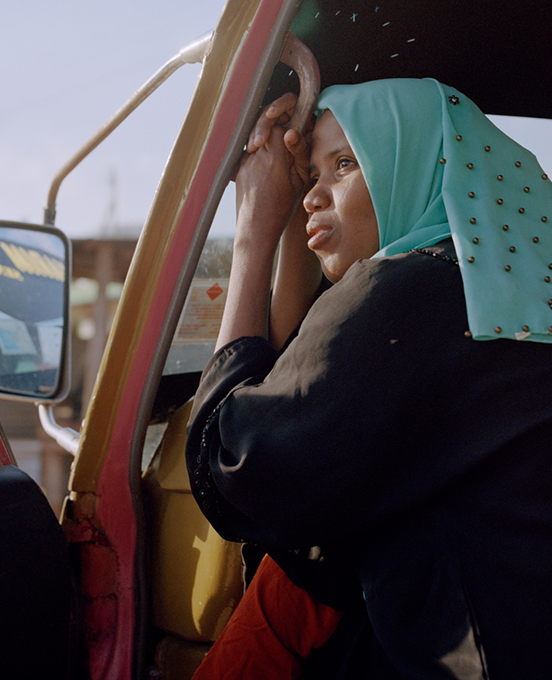
Zulfa Hassan Monte
Conservationist
Kenya
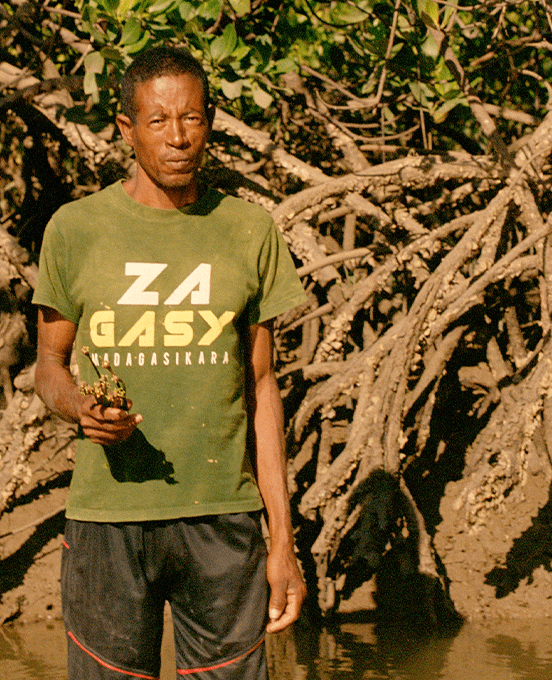
Justin Rakotomanahira
Community Leader
Madagascar
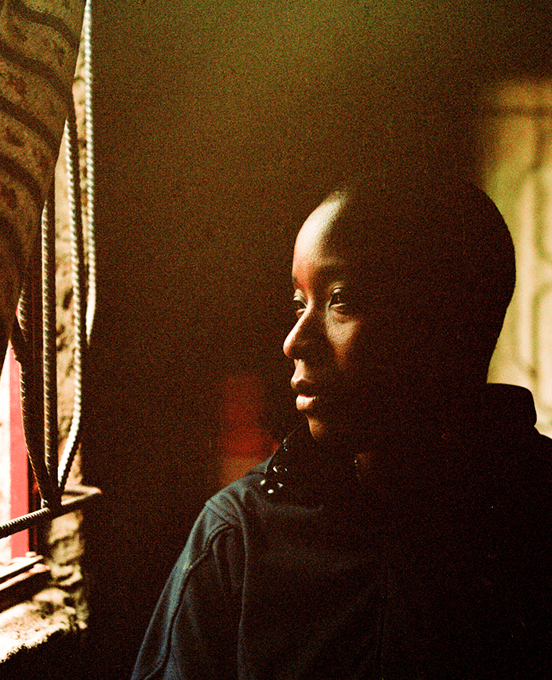
Célia Macamo
Biologist
Mozambique
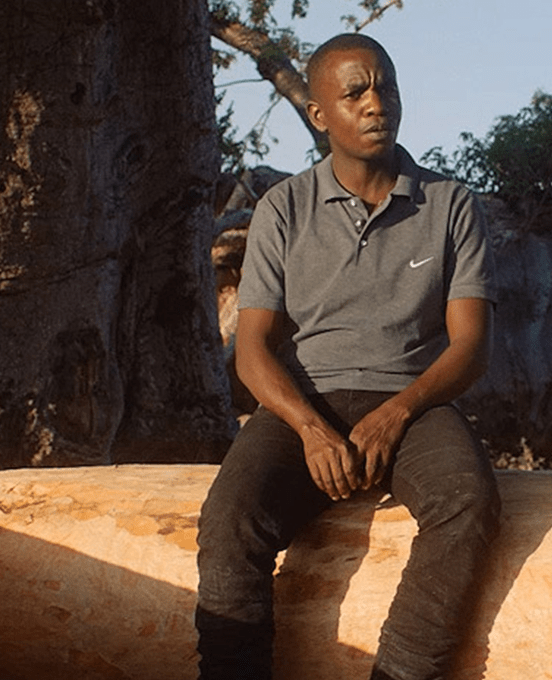
Kaitira Benard Nyahuro
Aquatic Scientist
Tanzania
Kenya´s mangrove mothers
Zulfa Hassan Monte is the chairperson of the Mtangawanda Mangrove Restoration Women Group in Lamu County, Kenya. Ever since the women started planting the first hatchlings in 2018, they have planted more than 61.000 mangroves and were able to restore an additional 100 hectares through natural regeneration. The improvement to the whole community was tremendous. “Crab numbers were affected due to the degradation,” Zulfa said. “Nowadays, fishers tell us that they pass by our plantations and see crabs sleeping.” Due to her success, she is called “Mama Mikoko” (Mother Mangrove). Now she wants to encourage other women to engage in conservation.
“I would like to advise the government to hold our hands and help us. To create laws that will regulate the use of mangroves, so that people don´t destroy them. We must help each other; walk side by side!”
– Zulfa Hassan Monte
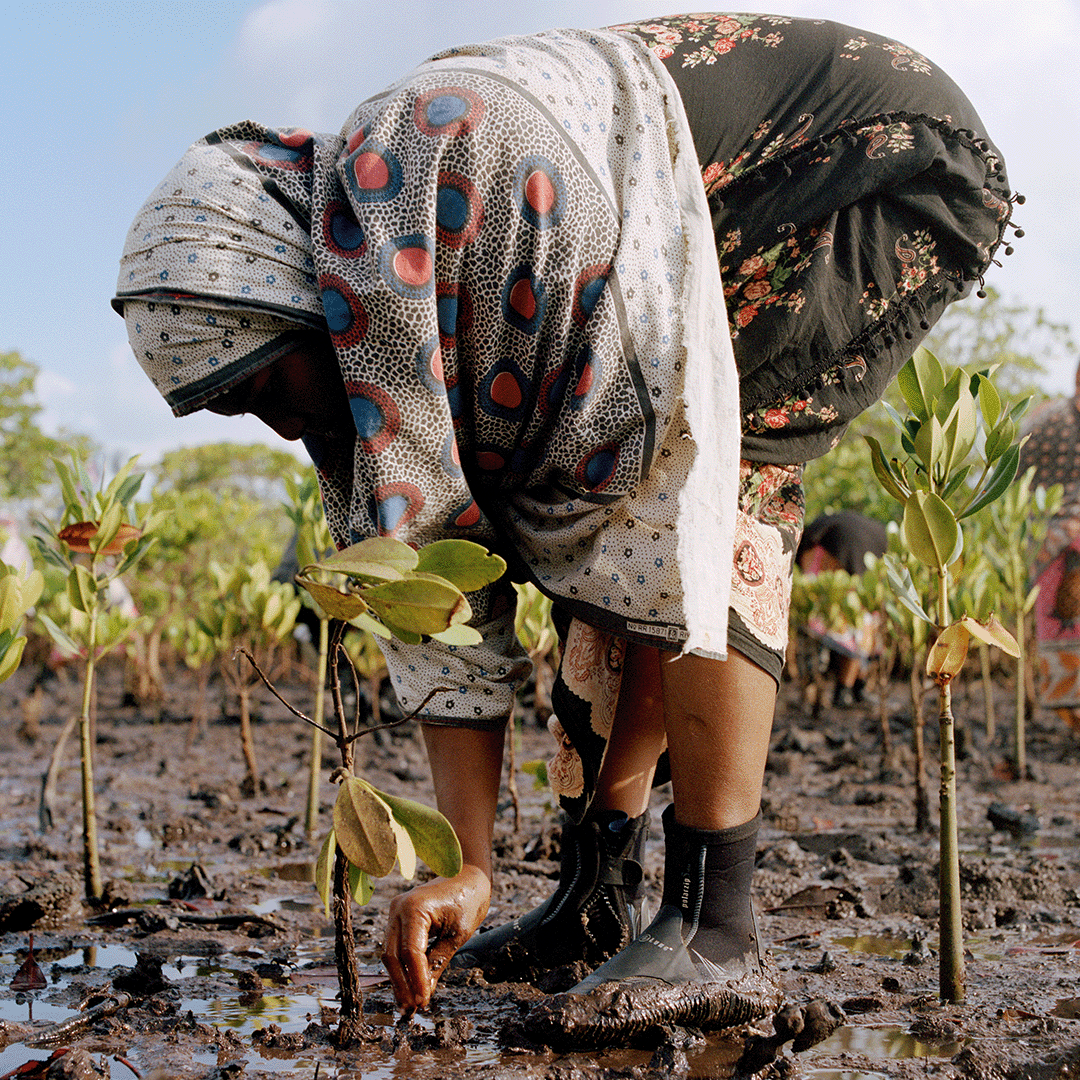
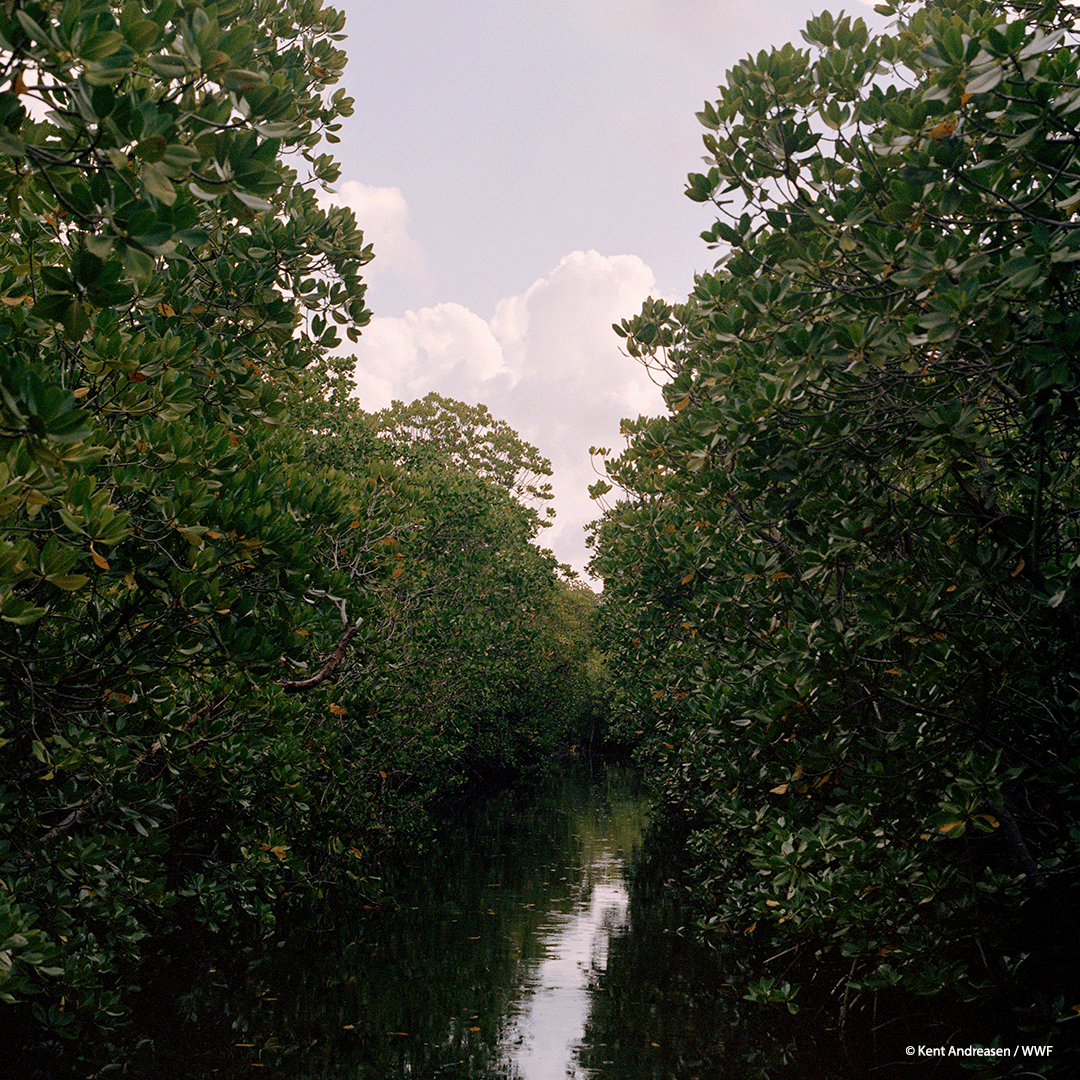
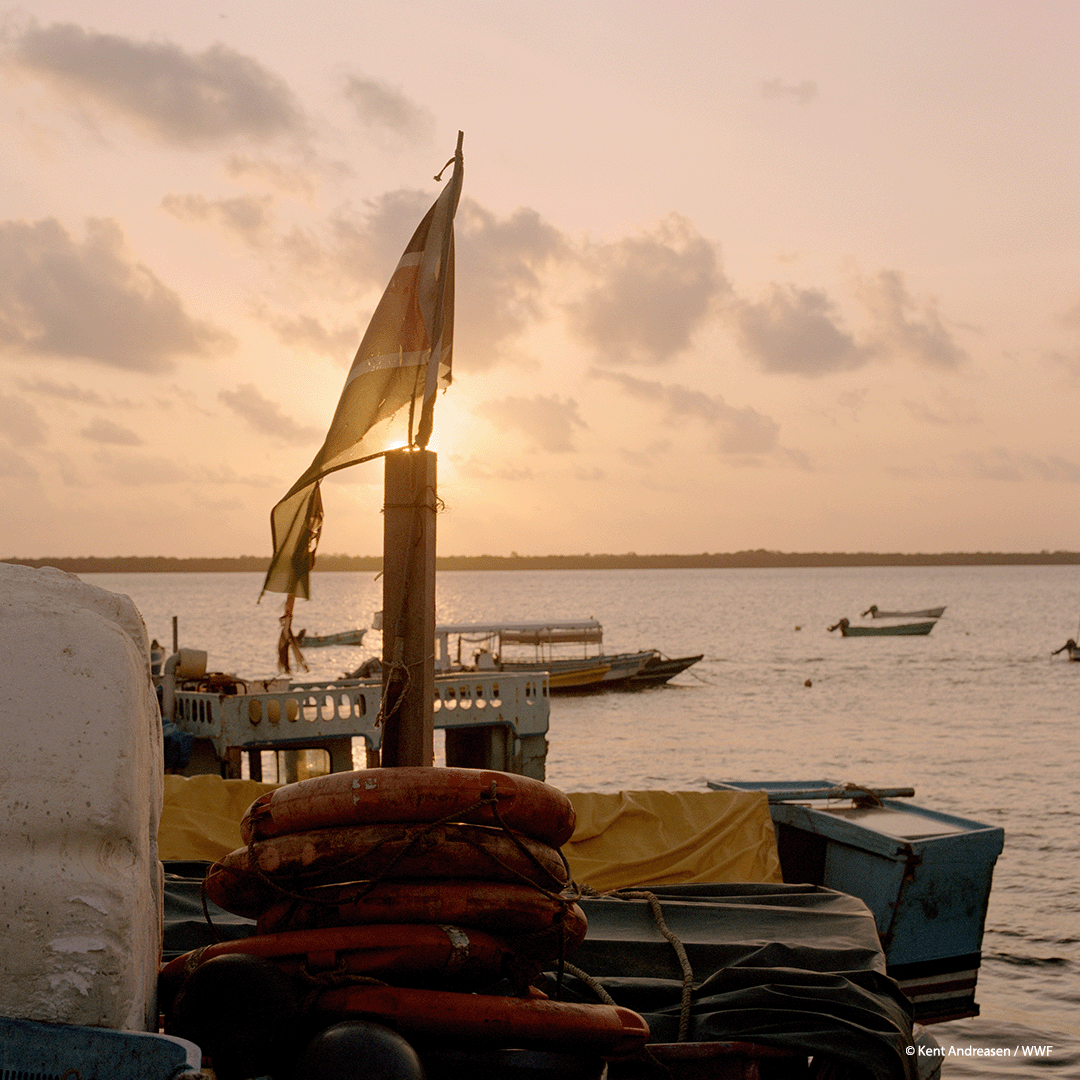
It takes a village
Justin Rakotomanahira grew up going fishing with his mother on the coastline, while his father would go out to the sea. Living in harmony with nature was his daily life, a healthy ocean and coastal biodiversity the basis for the livelihood for his family. Today, the 40-year-old father of seven is president of the grassroots community “Analamaitso tsy ho gnan’olo” (The Green Forest that is ours), to make sure that the next generation benefits from the same richness of nature as he did. Over the past 15 years, the organization was able to restore 56ha of mangroves in Kivalo, western Madagascar. Today, the community serves as a leading example of nature conservation that benefits both the environment and the people.
“Let us protect our biodiversity for future generations. Let´s increase our natural wealth – restore the degraded forests, plant trees every year.”
– Justin Rakotomanahira
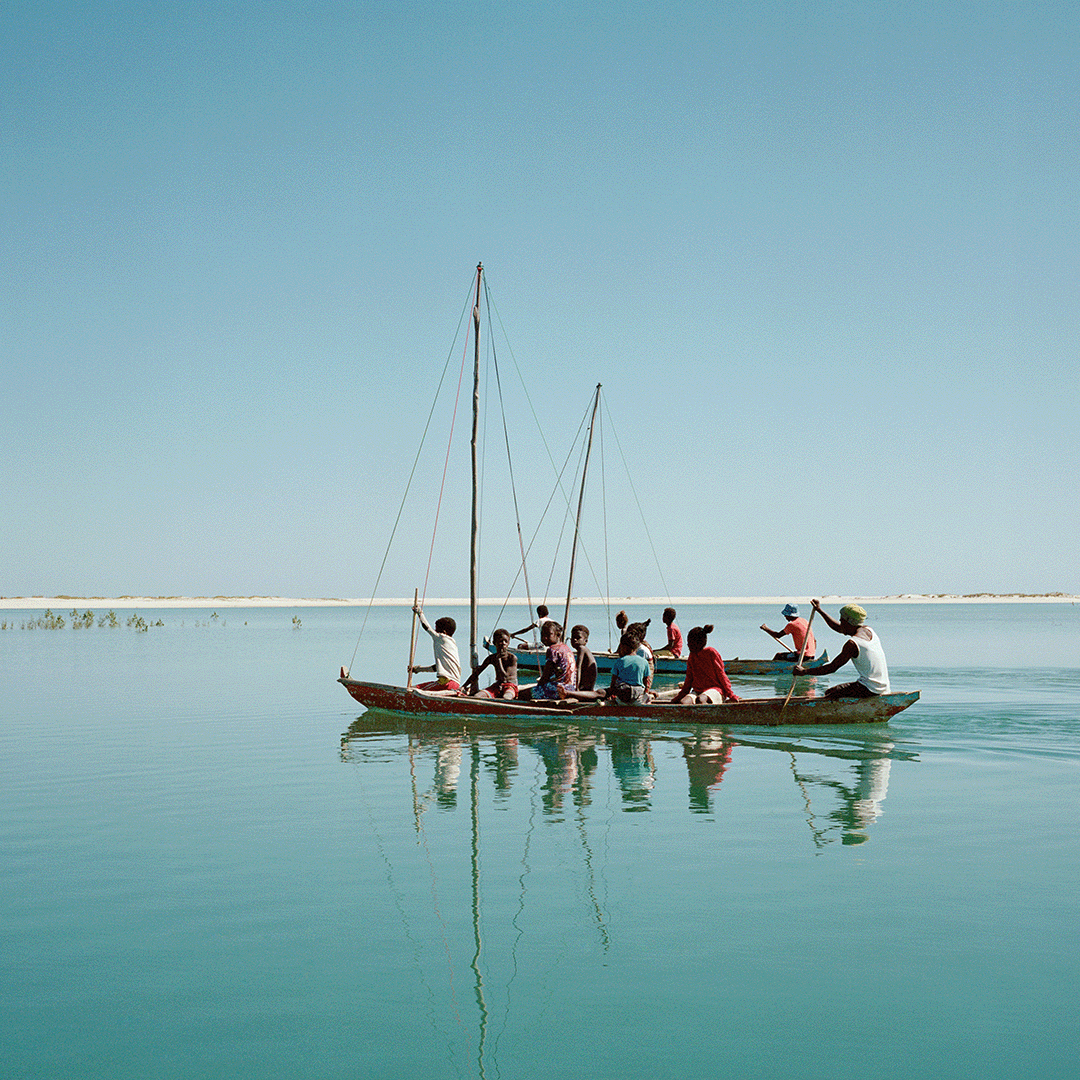
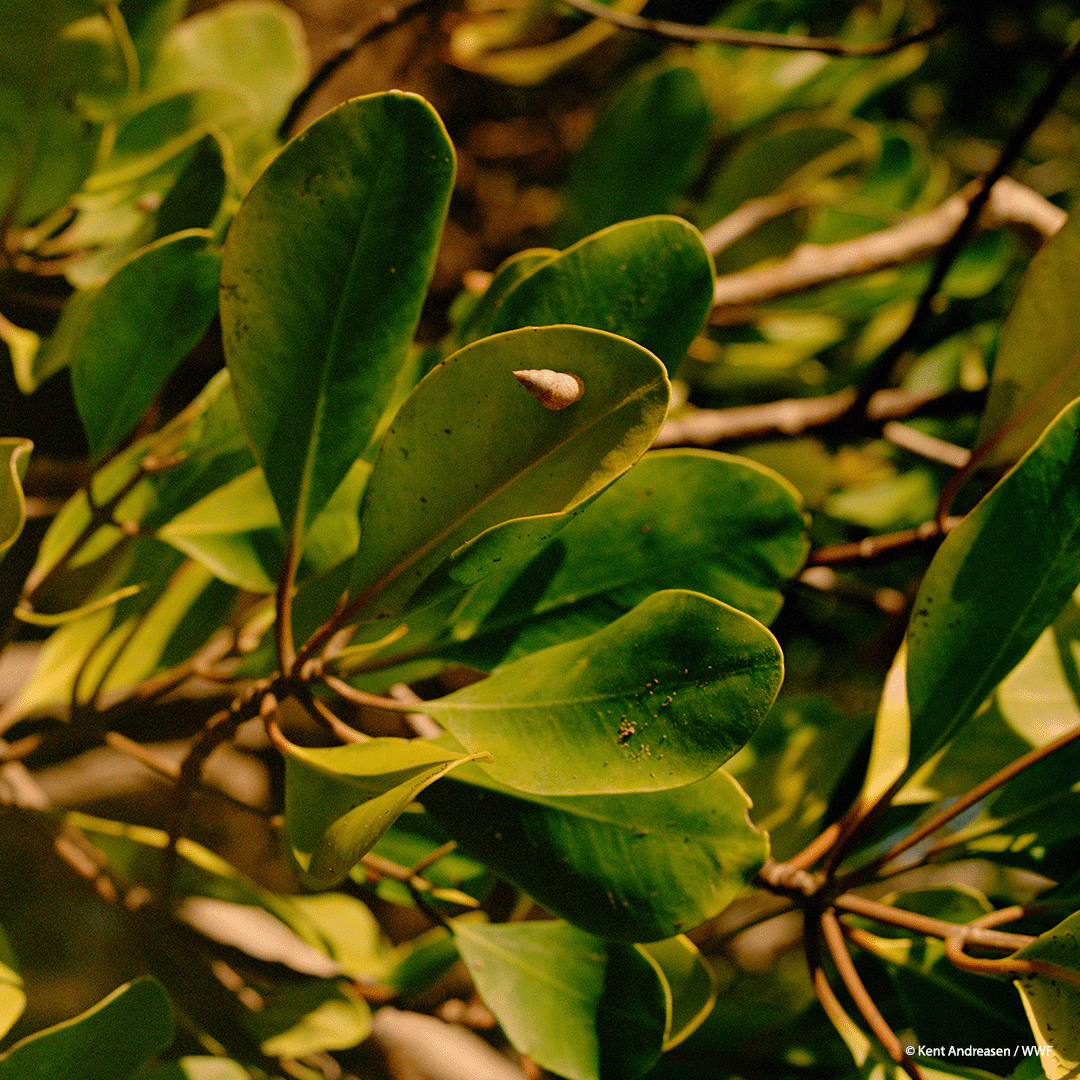
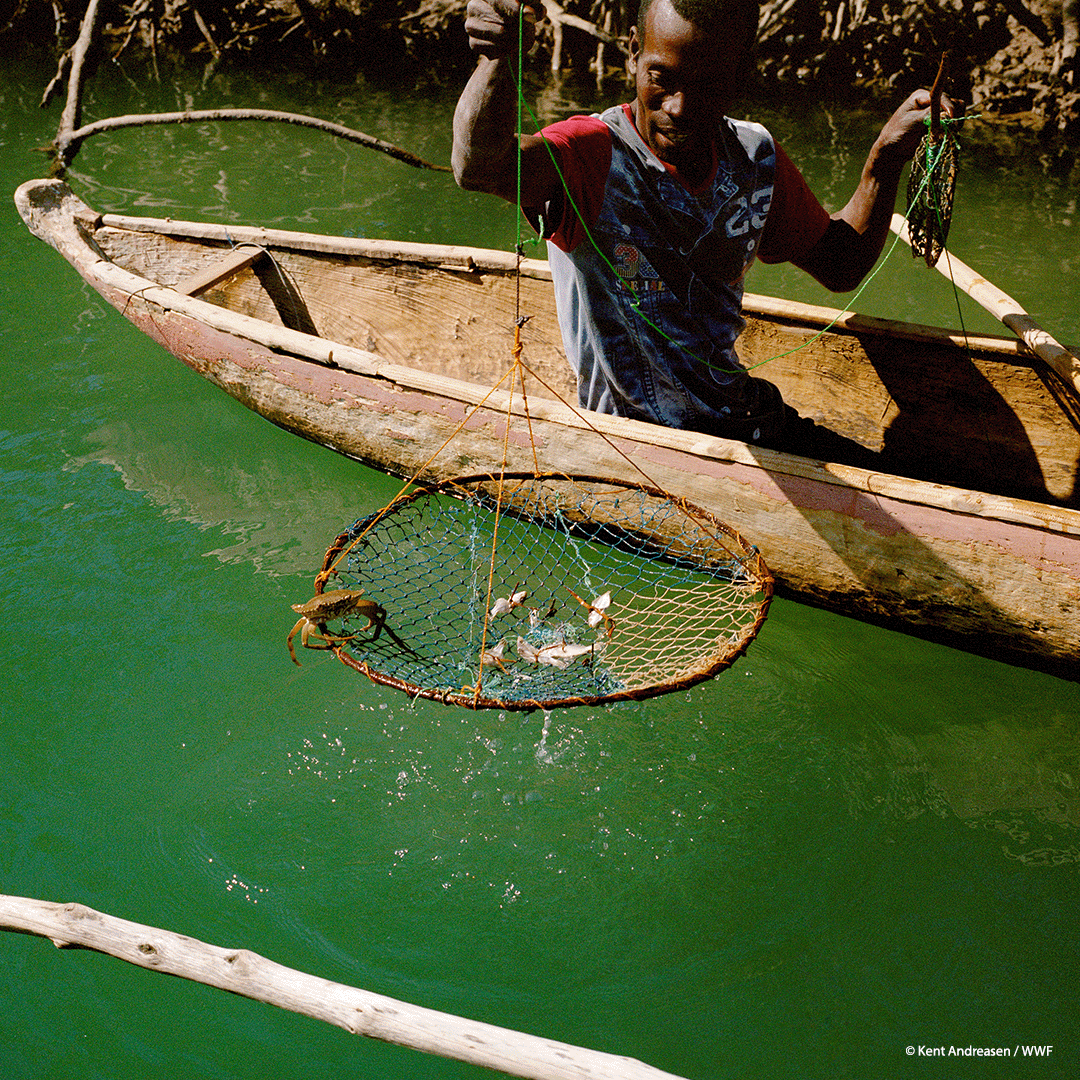
When the teacher becomes the student
When Célia was young, she dreamed about being a doctor. Today she says she is thankful that she failed the entrance exam for medicine because it allowed her to pursue her passion for nature and teaching. Célia is is a lecturer and researcher at the Eduardo Mondlane University in Mozambique. Her field of research is in mangrove forests ecology, management and conservation. What gives her hope is that she has noticed a visible increase in interest for mangrove conservation. Many communities have decided to restore mangroves by themselves. “It´s exciting when you go into a community, thinking you are going to teach them, but in the end you are the one who is learning.”
“I want to take this opportunity to invite those who are in an early career in biology, and young people about to graduate secondary school, please come to biology. We need more people working on mangrove research.”
– Celia Macamo
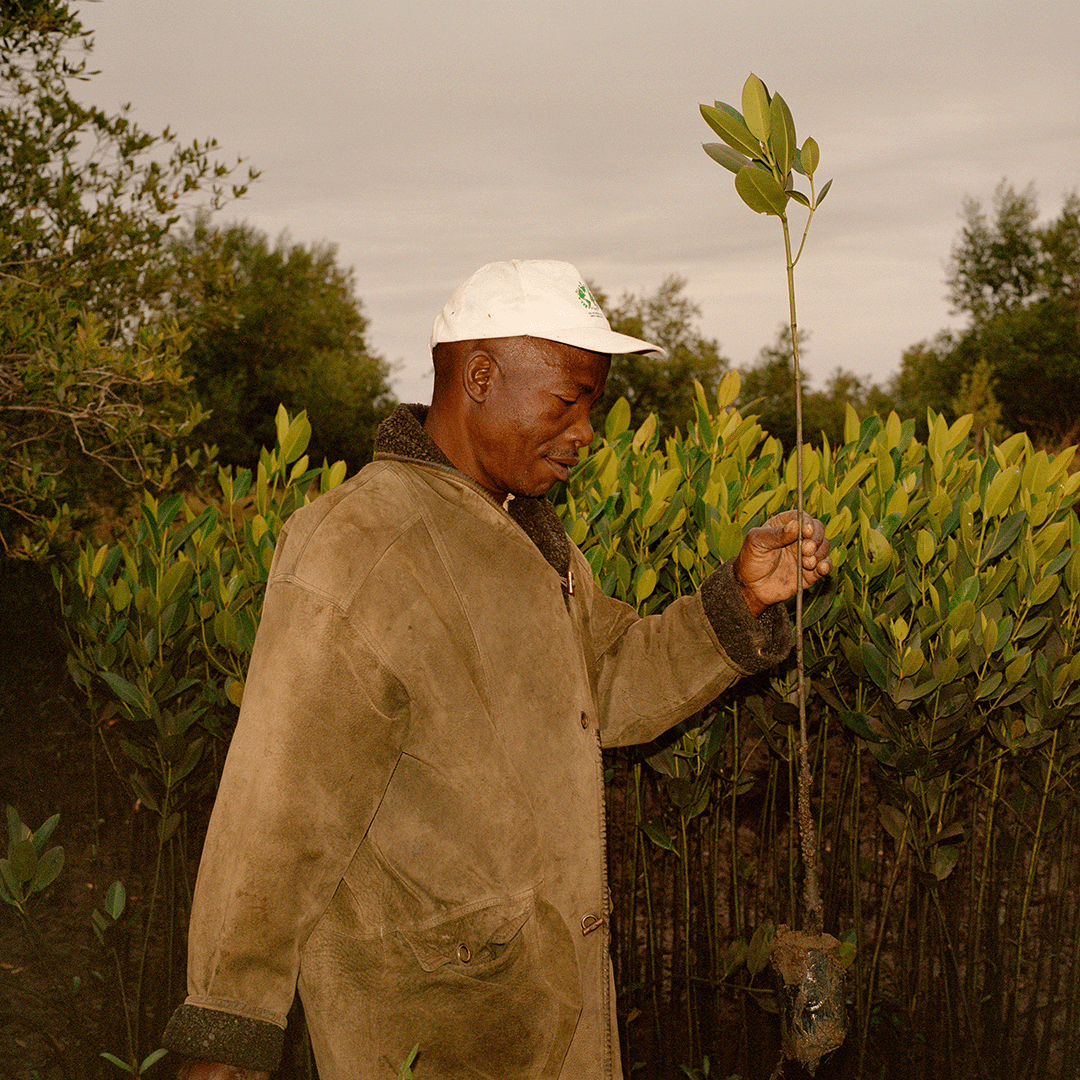
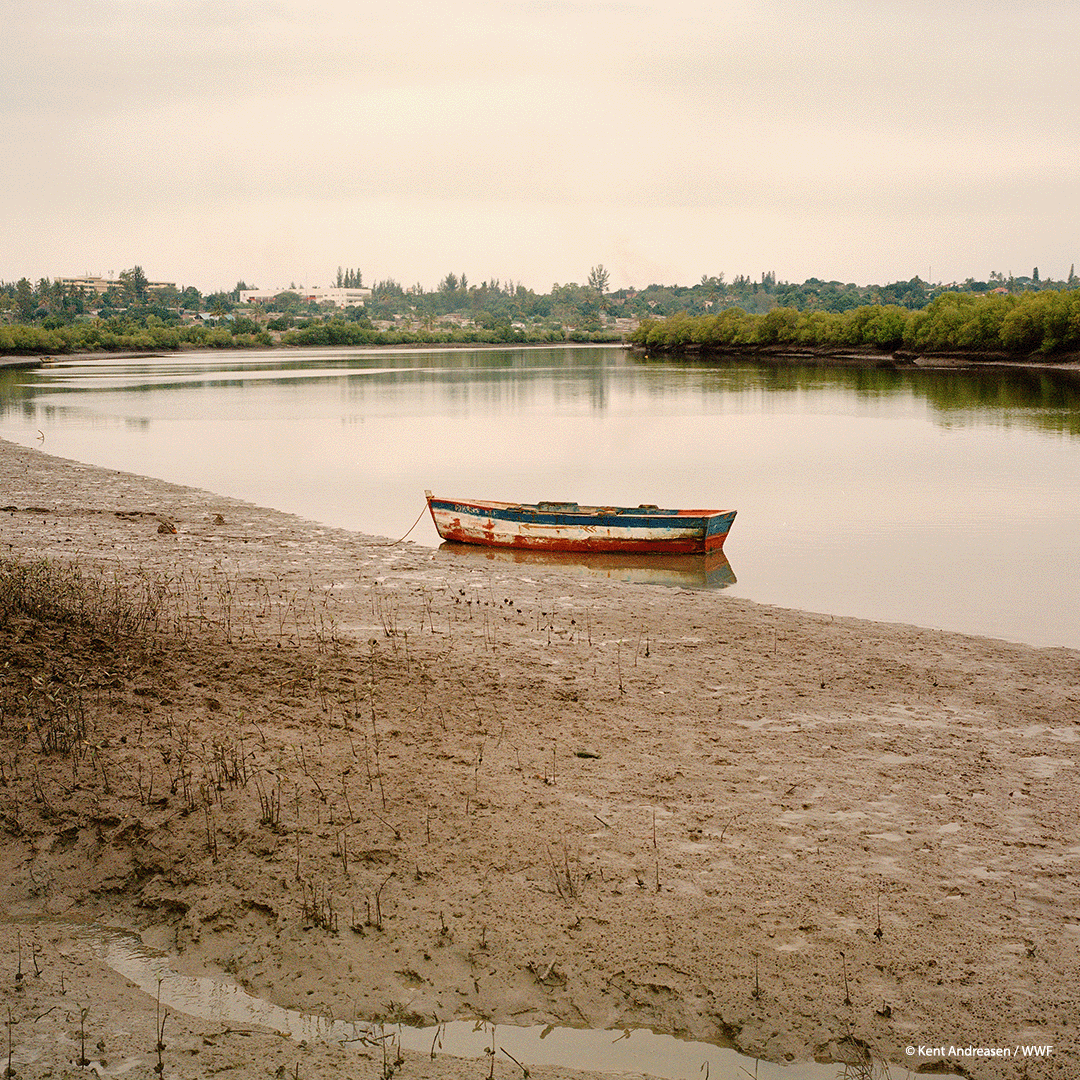
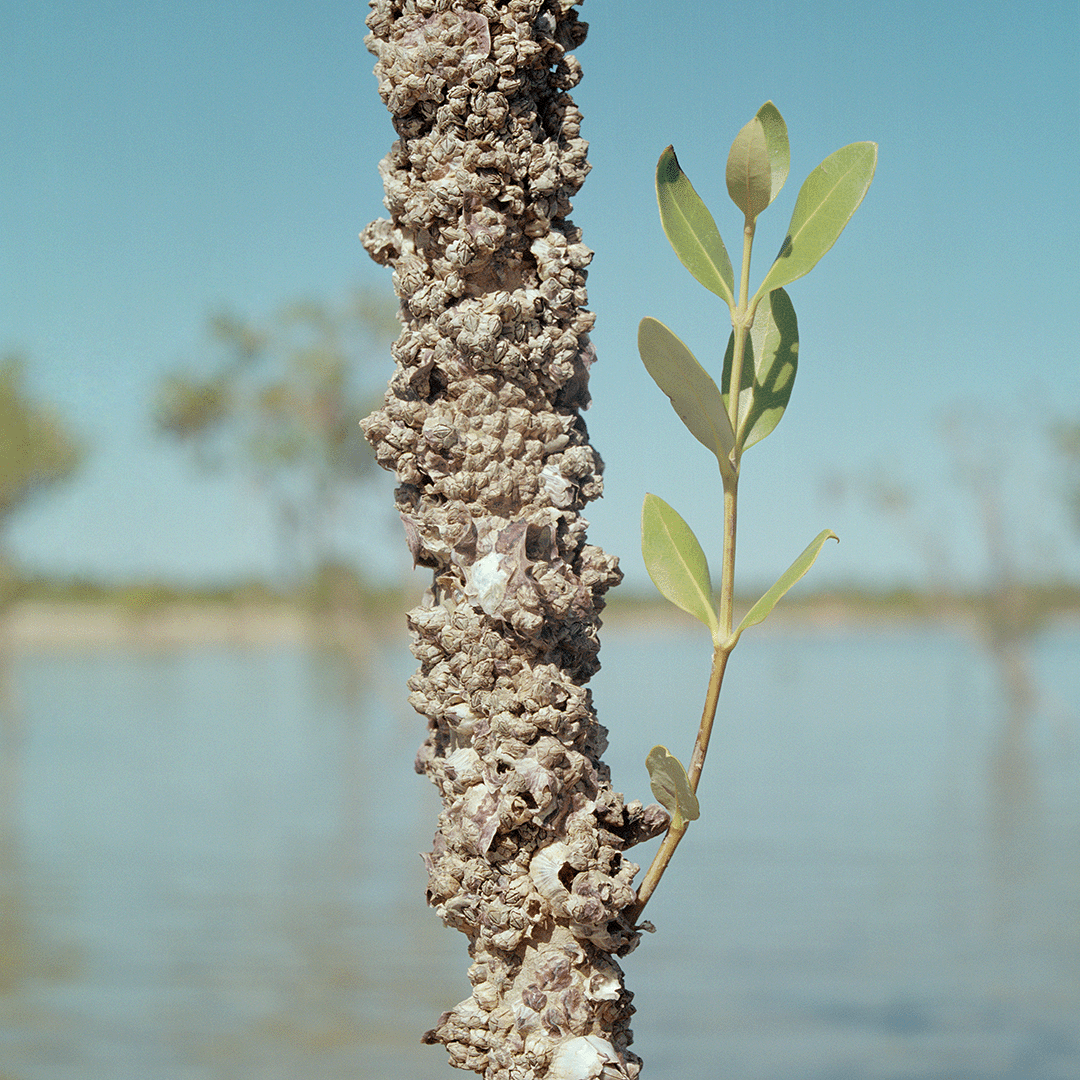
The many employment opportunities of mangroves
“A large percentage of mangrove conservationists come from the fishing community” is Kaitira Benard´s conviction. Mangroves are breeding ground and habitat for fish and crabs, so preserving the ecosystems is important for preserving livelihoods. But fishing is not the only way how coastal communities can benefit from conserving mangroves. Kaitira Benards has worked with many communities in his position as an Aquatic scientist and Co-Founder of Agua-Farms Organization (AFO). Beekeeping, mangrove planting, tourism or blue carbon projects are all opportunities for mangrove conservation to generate direct gains for the local communities.
“We know that if mangroves are properly managed we are looking forward to the next generation to benefit from the same fruits that we are benefitting from now.”
– Kaitira Benard Nyahuro
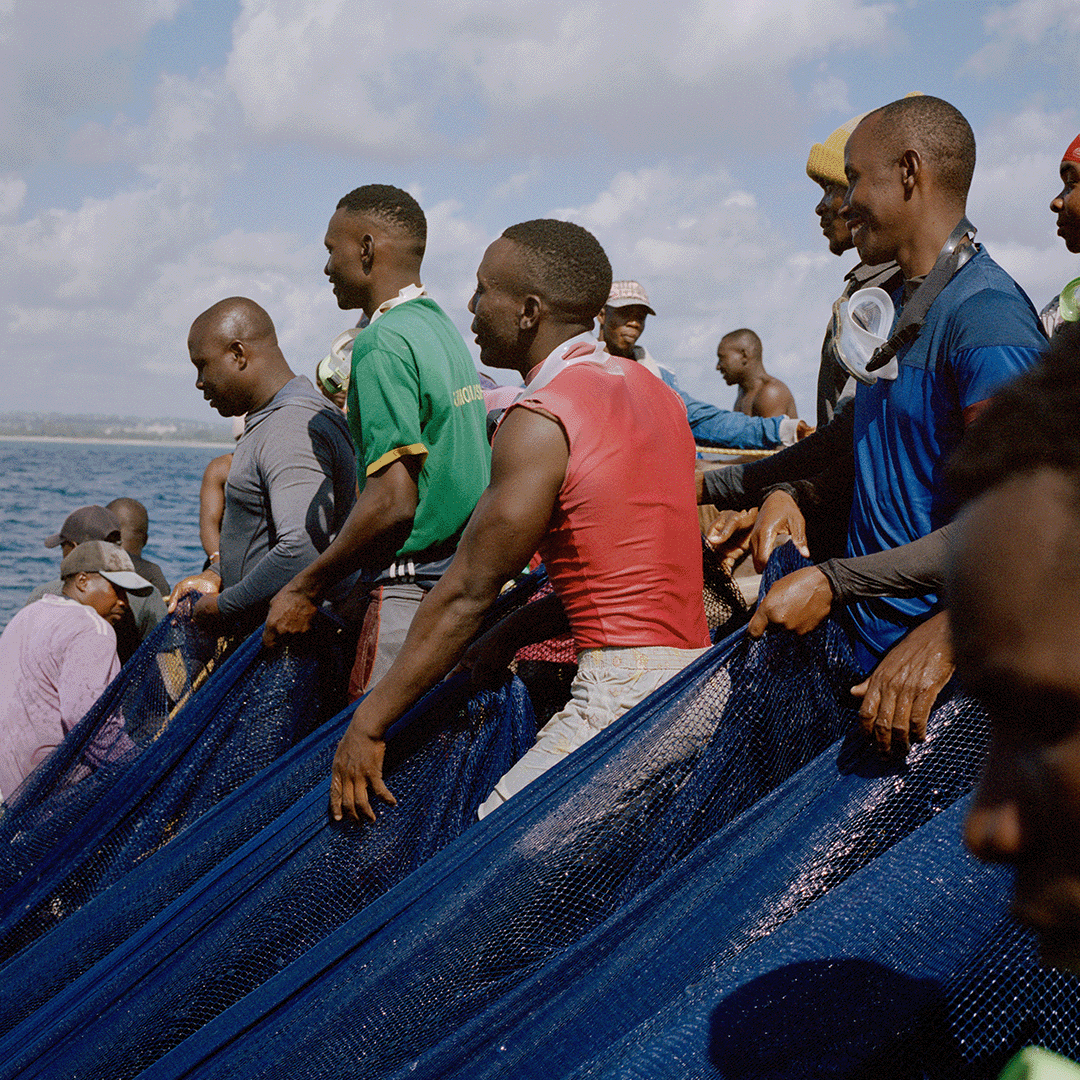
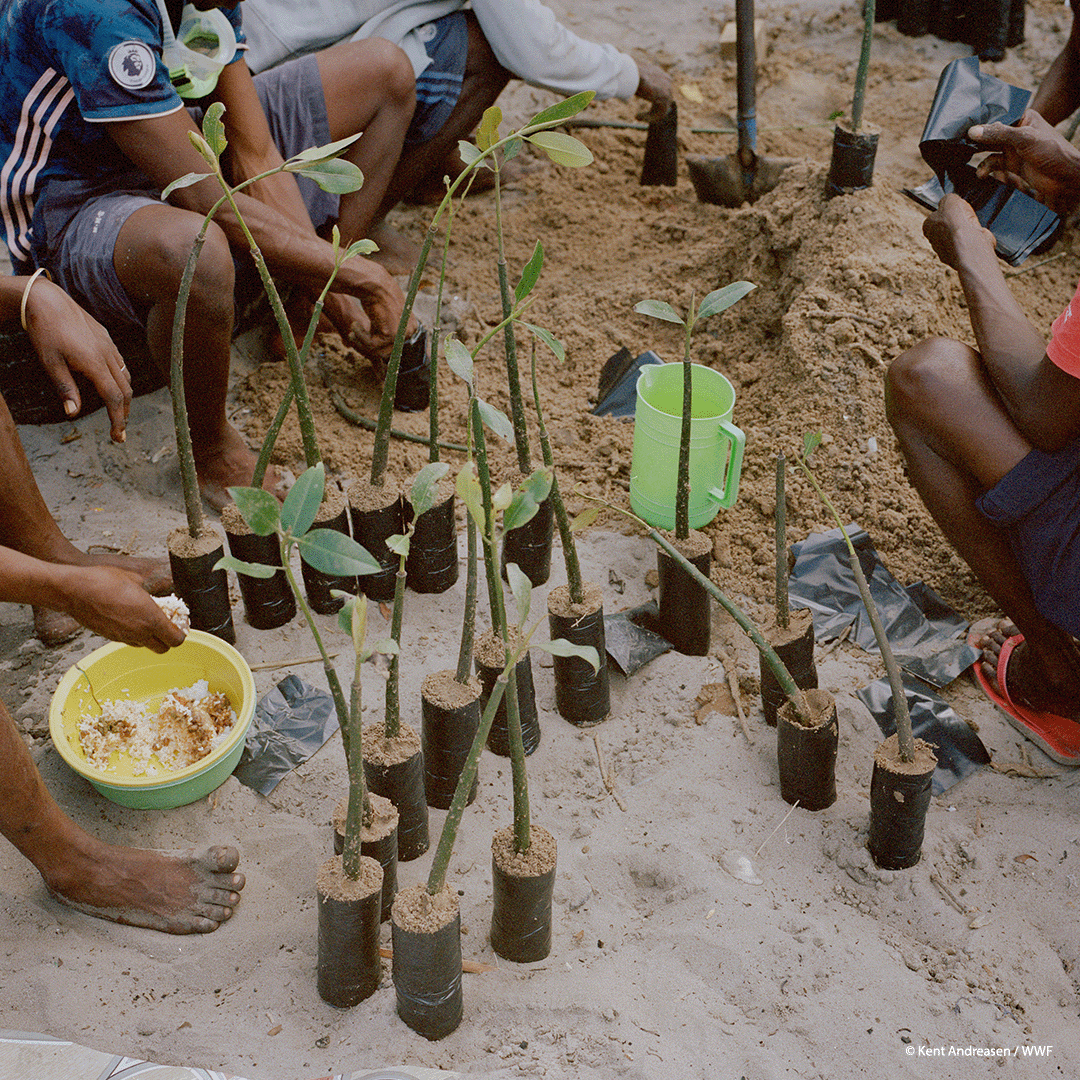

Find out more about our work
Save our Mangroves Now! is an initiative that work in partnership to reverse the decline of mangrove habitats in the West Indian Ocean and across the globe. With our #RootsofHope campaign we aim to create a movement focused on restoring biodiversity, preserving livelihoods and tackling the climate crisis.
